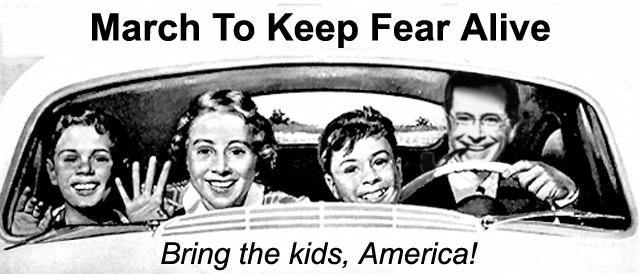We run our website the way we wished the whole internet worked: we provide high quality original content with no ads. We are funded solely by your direct support. Please consider supporting this project.

You Have What We Call a Theological Problem
Peter Enns posted a blog entitled: Dear Christian: If the Thought of Either Romney or Obama Getting Elected Makes You Fearful, Angry, or Depressed, You Have What we Call a Theological Problem. He makes some pretty good points. What do your emotions around this election tell you about where your hope lies?
From the blog:
There is a huge difference between saying, “That person would make a horrible president for the following reasons,” and “If he is elected, I just don’t know what I will do, where I will go–how we can carry on.”
The Christian never says the latter, because, regardless of where things play out politically, we know that no political system can actually deliver the goods, try as they might.
This is what the first Christians were taught about the Roman Empire, which promised its citizens peace, grace, justice, protection from enemies–all of which was called “salvation” (that’s the word that was used at the time). The Gospel offered an “alternate eschatology,” where the goods were delivered, not though the power of the state but through suffering and enthronement of King Jesus.
Image by monkey_bob99x. Sourced via Flickr.
Category: General
Tags: Politics, Religious Idolatry
Related Reading

God’s Warriors
Greg’s ideas on faith and politics were featured in the Peabody Award-winning CNN Presents: God’s Warriors. Watch the full video below. For more information, including behind the scenes footage, visit God’s Warriors – Special Reports from CNN.com.

Shouldn’t preachers rally Christians to fight political injustice?
Question: My pastor has publicly supported your book The Myth of a Christian Nation. But he’s recently called on the church to take a stand against the injustice of our local government cutting funding for inner city recreational facilities. This seems right to me, since we’re suppose to defend the cause of the poor and…

The Political Ambiguity of the Abortion Issue
José Manuel Ríos Valiente via Compfight. As an illustration of the ambiguity of the abortion question when approaching it from a political point of view, here’s an article portraying Obama as a hero of the pro-life movement. Our purpose for posting this isn’t to suggest that all of us should vote for Obama in light of…

Responding to Critics On A Pacifist View of the Syrian Crisis
On September 3rd, I wrote a post entitled What I – a Pacifist – Would Say to Obama About the Syrian Crisis in response to a number of questions I was getting, and judging from the “shares” and Twitter activity, this essay seems to have struck a chord. Not surprisingly, it also generated some criticism, for…

Hate-Filled Prayers
I came across a story about this billboard at 4:00 yesterday morning and tweeted on it. It would be easy to dismiss this sad display as an isolated act of a crazed fanatic, but I think it actually symbolizes the demonic animosity that permeates our current political climate. In fact, this is the third time…

